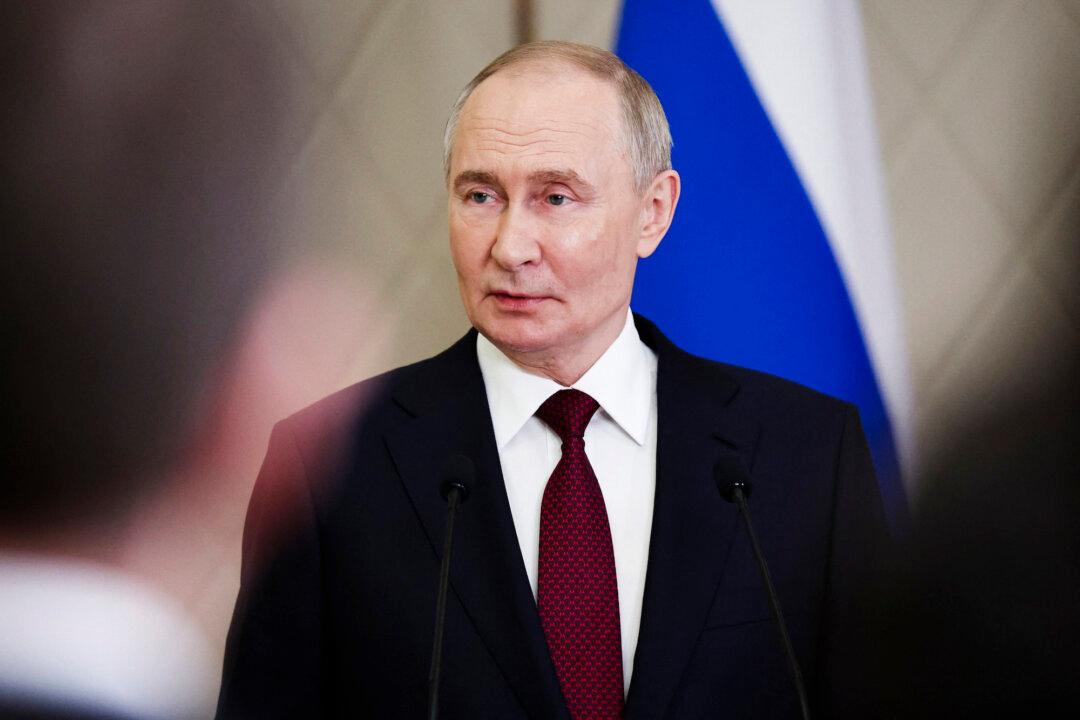The Kremlin said Russian President Vladimir Putin backs Hungarian Prime Minister Viktor Orban’s proposal for a Christmas cease-fire and prisoner swap in Ukraine, after Kyiv criticized Orban for not consulting with Ukrainian officials, hinting that its actions undermine Western unity in the face of Russia’s invasion.
Orban proposed the cease-fire and prisoner exchange in a call with Putin on Dec. 11, according to statements from both the Kremlin and Hungary. Specific details were not disclosed.





